SSC Junior Engineer (AE / JE) Syllabus
| Post Name | SSC Junior Engineer (AE / JE) Syllabus |
| SSC Junior Engineer Selection Phase: | SSC Junior Engineer is of Three Phases 1. CBT 1 (Computer Based Test) 2. CBT 2 (Computer Based Test) 3. Document Verification |
SSC JE Exam Pattern: Overview
SSC Je Preparation need regular and constant effort it does not required much depth knowledge but your concept should be cleared, conceptual questions are asked in the examination, if you are student or collage going student in final year or 2nd year then you should give at least 3 HR daily (20 hr) in a week to the preparation for this exam, if you are dropout student you should give at least 5hr (35 hr ) in a week which will be divided further in 1 hr for GI (General Intelligence & Reasoning) & another 1 hr in GA ( General Awareness) and next 3 hr to GE (General Engineering) . if you are working professional then you should give at least 2 hr (14 hr) in the preparation and to all types of it is must to have PYQs (Previous Year Questions) of last 10 Year, it is seen in SSC that most of the questions are related to PYQS of last 5 year.
| Paper | Paper-I (Objective) | Paper-II (Objective) |
| Mode of Exam | Online (CBT) | Online (CBT) |
| Type of Questions | Multiple Choice Questions | Multiple Choice Questions |
| Sections | General Intelligence & Reasoning, General Awareness, and Part – A Civil & Structural Engineering OR Part-B Electrical Engineering OR Part-C Mechanical Engineering | Civil/Electrical/Mechanical Engineering-specific part |
| Marks | 200 | 300 |
| Duration | 2 hours | 2 hours |
| Negative Marking | 0.25 for each wrong answer | 1 for each wrong answer |
Phase 01 – PAPER 1 (CBT – Computer Based Test) MCQS.
CBT Phase 1 Examination : Computer Based Examination will be consisting of 200 Marks with time duration of 2 Hours in objective type.
Paper – 200 Marks and 120 Minutes,
- General Intelligence
- General Awareness
- General Engineering (Electrical or Civil & Structural or Mechanical)
| SL | Paper 1 | No. of Questions | Marks | Duration |
| 1. | General Intelligence | 50 | 50 | 30 min |
| 2. | General Awareness | 50 | 50 | 30 min |
| 3. | General Engineering (Electrical or Civil & Structural or Mechanical) | 100 | 100 | 60 min |
| Total | 200 | 200 | 2 Hrs. |
SSC JE / AE CBT Examination Syllabus Paper 1 :-
| Subject | Topic |
| General Intelligence | Analogies, similarities, differences Space visualization, spatial orientation Problem-solving, analysis, judgment Decision making, visual memory Discrimination, observation, relationship concepts Arithmetical reasoning, verbal and figure classification Arithmetical number series, non-verbal series Coding and decoding, statement conclusion Syllogistic reasoning, emotional intelligence |
| General Awareness | Current Affairs India and its neighboring countries History, Culture, Geography Economic Scene, General Polity Scientific Research Environmental issues concerning India and the World Focus on engineering-specific general knowledge |
| General Engineering – Civil Engineering & Structural Engineering | Building Materials: Physical and chemical properties, classification of building materials. Estimating, Costing, and Valuation: Methods, unit rate analysis, and material estimates. Surveying: Principles, leveling, chain surveying, compass surveying, theodolite surveying, curve setting. Soil Mechanics: Soil classification, compaction, permeability, seepage, earth pressure theories. Hydraulics: Fluid properties, Bernoulli’s equation, flow in pipes, open channels. Irrigation Engineering: Water requirement, duty, delta, canal structures, hydrology. Transportation Engineering: Highway planning, traffic surveys, bituminous materials, pavement design. Environmental Engineering: Water supply, quality standards, sewerage, waste management. Structural Engineering: Theory of structures, bending moment, shear force, deflection, structural analysis, RCC, prestressed concrete, steel design. |
| Electrical Engineering | Basic Concepts: Ohm’s law, Kirchhoff’s laws, series and parallel circuits. Circuit Law: AC fundamentals, network theorems. Magnetic Circuit: Magnetism, permeability, hysteresis. AC Fundamentals: RMS, average values, phasors, impedance, power in AC circuits. Measurement and Measuring Instruments: Units, instruments, measurements, transformers. Electrical Machines: Motors, transformers, generators, synchronous machines. Power Systems: Generation, transmission, distribution, switchgear. Basic Electronics: Semiconductor physics, diodes, transistors, rectifiers, amplifiers. |
| Mechanical Engineering | Thermodynamics: Laws, properties, gas laws, air cycles, engines. Engineering Mechanics: Force, equilibrium, friction, centroid, moment of inertia. Strength of Materials: Stress, strain, bending, torsion. Theory of Machines: Links, machines, power transmission. Fluid Mechanics: Properties, kinematics, dynamics, flow, pumps, turbines. Hydraulics: Open channels, pumps, turbines. Production Engineering: Manufacturing processes, heat treatment, welding, casting. Automobile Engineering: Engines, fuel systems, ignition systems. IC Engines: Otto, Diesel, dual cycles, carburetion, fuel injection. Refrigeration and Air Conditioning: Basics, compressors, refrigerants, cycle. Heating and Ventilation: Heat transfer, insulation, ventilation. |
Phase 02 – PAPER 2 (CBT – Computer Based Test) MCQS.
CBT Phase 2 Examination : Computer Based Examination will be consisting of 300 Marks with time duration of 2 Hours in objective type.
Paper – 300 Marks and 120 Minutes,
- Engineering Discipline (Civil/Mechanical/Electrical)
Civil Engineering and Structural Engineering
Civil Engineering & Structural Engineering full syllabus for paper II which consist of 300 marks and have multiple choice question and is conducted in CBT(Computer Based Test), Time limit for this paper is 120 minutes, Scientific Calculators are allowed in this paper 2 exam, the gap between paper 1 and paper 2 is approx. 45-50 days, which give aspirants a back support to revise the full syllabus.
| Chapter Name | Topic |
| Building Materials | Stones: Classification, properties, and uses. Bricks: Composition, manufacturing, types, properties, and testing. Cement: Types, properties, hydration process, and testing. Lime: Types, slaking, setting, properties. Mortars: Types, preparation, and uses. Timber: Properties, defects, seasoning, and preservation. Metals: Steel types, properties, treatment processes. |
| Estimating, Costing, and Valuation | Types of Estimates: Preliminary, detailed, and revised estimates. Measurement of Works: Methods of taking off quantities. Valuation: Depreciation, sinking fund, salvage value. |
| Surveying | Chain Surveying: Principle, equipment, errors, fieldwork. Compass Surveying: Types of compass, bearings, adjustments. Plane Table Surveying: Instruments, methods, errors. Leveling: Types of levels, leveling procedures, errors. Theodolite Surveying: Traversing, error adjustments, deflection angles. Curves: Types, setting out methods for simple and compound curves. |
| Soil Mechanics | Classification of Soil : Based on grain size, consistency, and plasticity. Compaction of Soil: Methods, Proctor test, field compaction control. Permeability of Soil: Darcy’s Law, tests for permeability. Shear Strength: Mohr-Coulomb theory, direct shear test. Soil Exploration: Boring, sampling, field tests. |
| Hydraulics | Fluid Properties: Density, viscosity, surface tension. Flow in Pipes: Darcy-Weisbach equation, major and minor losses. Open Channel Flow: Types, specific energy, critical depth. Pumps: Centrifugal, reciprocating, efficiency, applications. |
| Irrigation Engineering | Types of Irrigation: Surface, subsurface, drip. Canal Lining: Types, advantages, design principles. Water Requirements of Crops: Duty, delta, crop period. Canal Structures: Headworks, cross drainage structures |
| Transportation Engineering | Highway Planning: Road types, alignment. Pavement Design: Rigid and flexible pavements. Traffic Engineering: Traffic surveys, road signs, markings. Airport Engineering: Runway and taxiway design. |
| Structural Engineering | Theory of Structures: Bending moment, shear force, deflections. RCC Design: Beams, slabs, columns, footings. Steel Design: Bolted, riveted, and welded connections; tension and compression members. |
Electrical Engineering
Electrical Engineering JE full syllabus for paper II which consist of 300 marks and have multiple choice question and is conducted in CBT(Computer Based Test), Time limit for this paper is 120 minutes, Scientific Calculators are allowed in this paper 2 exam, the gap between paper 1 and paper 2 is approx. 45-50 days, which give aspirants a back support to revise the full syllabus.
| Chapter Name | Topic |
| Basic Concepts | Ohm’s Law, Kirchhoff’s Laws. Series and Parallel Circuits, star-delta transformations. Power and Energy: Concepts and calculations. |
| Circuit Law | Network Theorems: Thevenin’s, Norton’s, Superposition. AC Fundamentals: Sinusoidal waveforms, RMS and average values. Power in AC Circuits: Active, reactive, and apparent power. |
| Magnetic Circuit | Magnetism: Laws, reluctance, permeability. Magnetic Hysteresis and Eddy Currents. Types of Magnetic Materials and Applications. |
| AC Fundamentals | Phasor Diagrams, Impedance, Power Factor. AC Power: Real, reactive, and apparent power in circuits. Resonance in AC Circuits: Series and parallel resonance. |
| Measurement and Measuring Instruments | Electrical Measurements: Voltage, current, power, and energy. Types of Measuring Instruments: Moving iron, moving coil. Bridge Circuits: Wheatstone, Maxwell’s, and Kelvin’s bridges. |
| Electrical Machines | Transformers: Working, types, efficiency, testing. DC Machines: Generators, motors, performance, speed control. AC Machines: Induction motors, synchronous motors, alternators. |
| Power Systems | Transmission Lines: Types, efficiency, voltage regulation. Distribution Systems: Radial and ring main systems. Switchgear and Protection: Circuit breakers, relays. |
| Basic Electronics | Semiconductor Theory: Diodes, Zener diodes, transistors. Rectifiers and Amplifiers: Working and applications. Oscillators: Types and working. |
Mechanical Engineering
| Chapter Name | Topic |
| Theory of Machines and Machine Design | Kinematics: Velocity, acceleration, cams, followers. Dynamics of Machines: Balancing, vibrations, governors. Power Transmission: Belts, gears, chains. |
| Engineering Mechanics and Strength of Materials | Equilibrium of Forces: Types of forces, moment. Stress and Strain: Types, Hooke’s Law, Poisson’s ratio. Bending and Torsion: Bending moment, shear force, torsional stress. |
| Properties of Pure Substances | Steam and Gas Tables. Properties of Gases and Vapors. Heat and Thermodynamic Cycles: Carnot, Otto, Diesel cycles. |
| Thermodynamics | Laws of Thermodynamics. Heat Transfer: Conduction, convection, radiation. Air Conditioning Systems: Components and working. |
| Fluid Mechanics and Fluid Machinery | Fluid Properties: Density, viscosity, compressibility. Fluid Dynamics: Continuity equation, Bernoulli’s theorem. Hydraulic Machines: Centrifugal pumps, turbines, efficiency. |
| Production Engineering | Machining Processes: Turning, milling, drilling. Metal Forming: Forging, rolling, extrusion. Welding and Casting: Types, applications, defects. |
| Automobile Engineering | IC Engines: Working, fuel systems, types. Cooling and Lubrication Systems. Transmission Systems: Gearboxes, clutches. |
| Power Plant Engineering | Types of Power Plants: Steam, hydro, nuclear. Boilers, Steam Turbines, and Condensers. Power Plant Economics: Load curves, fuel handling. |
SSC-JE Eligibility Criteria
The Staff Selection Commission (SSC) JE eligibility criteria. These criteria include the following:
- A citizen of India
- A subject of Nepal/Bhutan
- A person of Indian origin migrated from neighboring countries such as Pakistan, Burma, Sri Lanka, East African countries of Kenya, Uganda, the United Republic of Tanzania (formerly Tanganyika and Zanzibar), Zambia, Malawi, Zaire, Ethiopia and Vietnam with the plan or intention to settle permanently in India.
Educational Qualification :
Candidates should have passed or in final year in Three-Year Diploma / Polytechnic.
Books to Follow :
Paper 01
| GK Book | |
| Manorama Yearbook | Mammen Mathew |
| General Knowledge 2024 | Arihant Experts |
| Lucent’s General Knowledge | Dr. Binay Karna, Manwendra Mukul, Sanjeev Kumar, Renu Sinha, R. P. Suman |
| Objective General Knowledge | Sanjiv Kumar |
| Reasoning Book | |
| Lucent’s Reasoning | Bhupendra Kumar Singh |
| How to Prepare for Logical Reasoning for the CAT | Arun Sharma |
| A Modern Approach to Verbal & Non-Verbal Reasoning | R.S. Aggarwal |
| Analytical Reasoning | M.K. Pandey |
| Civil Books | |
| SSC: Junior Engineers Exam Guide: Junior Engineers (Civil & Structural) Engineering Guide | R Gupta’s by Ramesh Publishing House |
| SSC JE Civil Engineering Previous Year Solved Papers | Made Easy Publication |
| Civil Engineering: Conventional and Objective Type | S Chand Publication |
| Electrical Books | |
| Electrical Engineering Objective Types General Awareness | A. Handa and M. Handa |
| Objective Electrical Technology | V.K. Mehta & Rohit Mehta |
| SSC JE Electrical Book | GK Publications |
| Mechanical Books | |
| Khanna’s Mechanical Objective Type | Dr Sadhu Singh |
| Kiran’s SSC Junior Engineer Mechanical Engineering Self-Study guide | Kiran Publication |
| Mechanical Engineering for competitions | R.K.Jain |
| Paper 2 Books | ||
| Subject | Book Name | Author/Publication |
| Civil Engineering Books | SSC JE Civil Engineering Previous Year Solved Papers | Made Easy Publication |
| Civil Engineering: Conventional and Objective Type | S Chand Publication | |
| Electrical Engineering Books | Objective Electrical Technology | V.K. Mehta & Rohit Mehta |
| SSC JE Electrical Book | GK Publications | |
| Mechanical Engineering Books | Kiran’s SSC Junior Engineer Mechanical Engineering Self-Study guide | Kiran Publication |
| Mechanical Engineering for competitions | R.K.Jain | |
Important Link
| Syllabus in PDF | Click Here !!! |
| Official Website | Click Here !!! |
| OTR Registration | Click Here !!! |
FAQs regarding SSC JE Exam and Syllabus –
Q1. What is difference between JE & AE ? – JE – Junior Engineer , AE – Assistant Engineers
Q2. What is the selection process for SSC-JE ? – Paper 1: Computer-Based Test(CBT), Paper 2: Computer-Based Test (CBT), and Document Verification.
Q3. What is the Educational Eligibility for SSC JE Exam ? – Three-Year Diploma / Polytechnic.
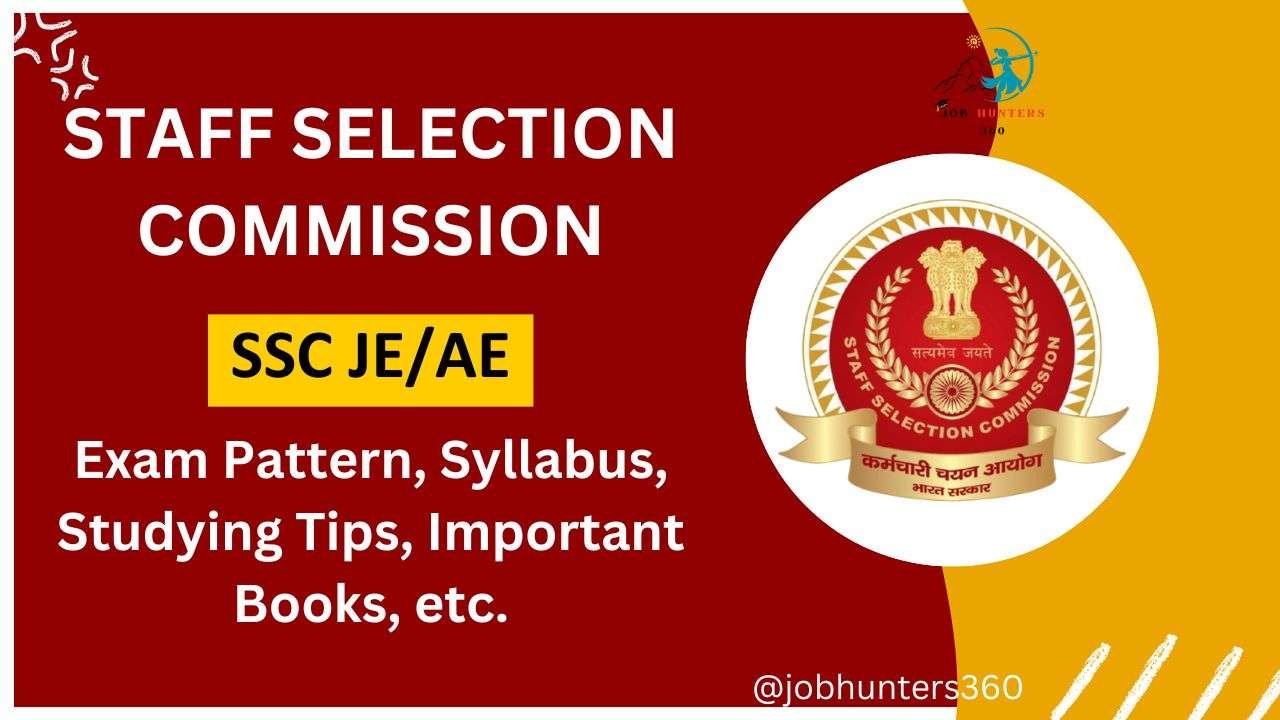
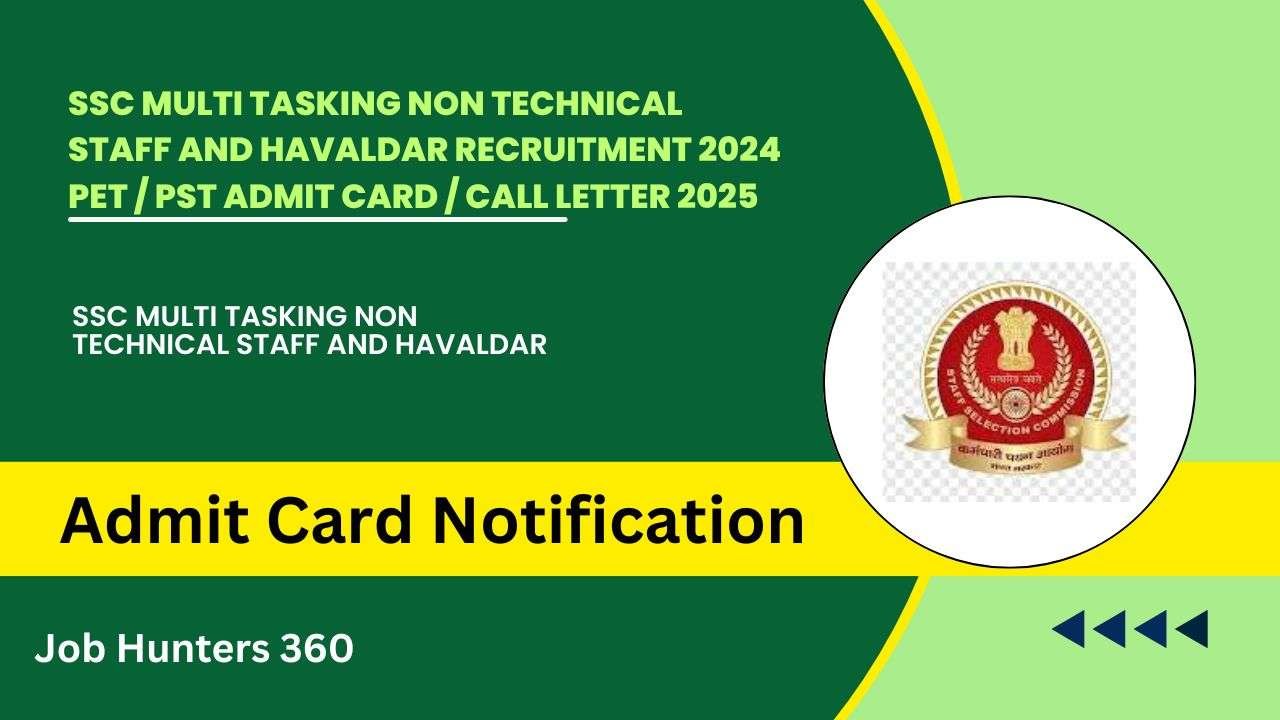
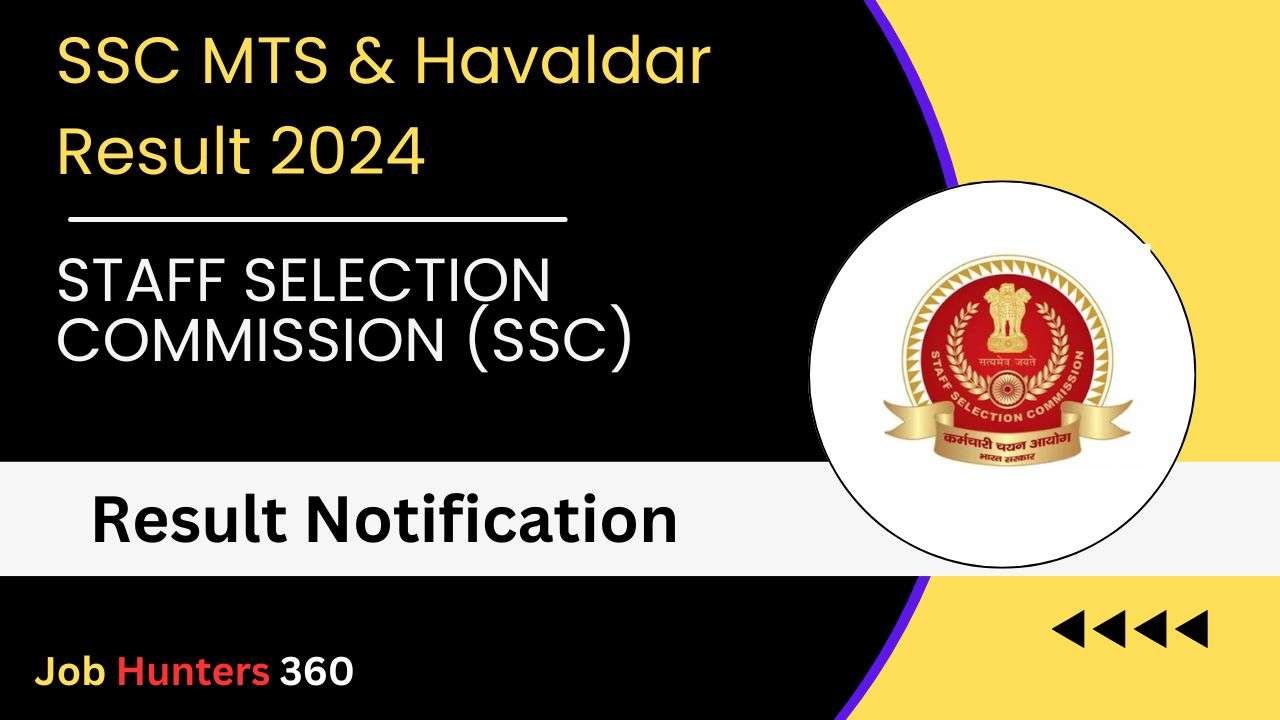
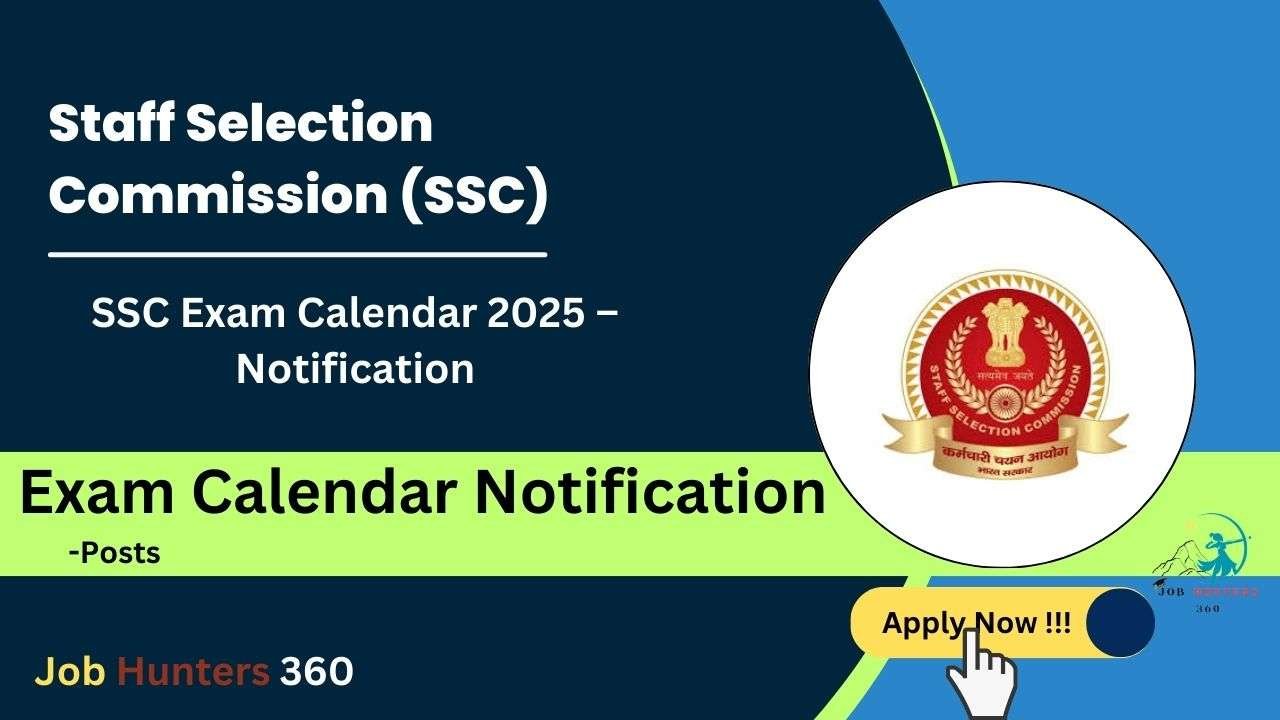
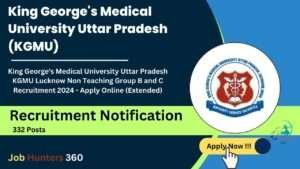
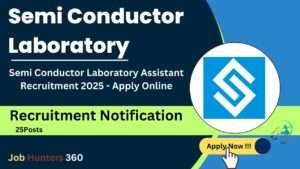
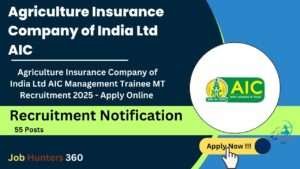
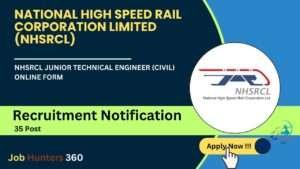
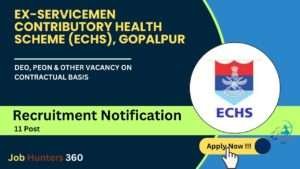
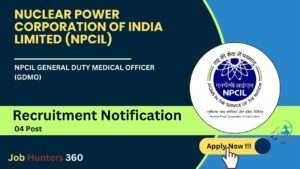
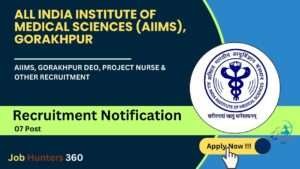
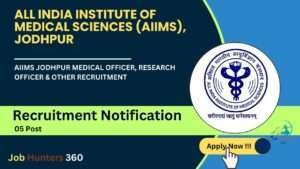
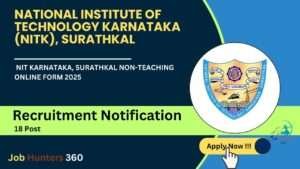
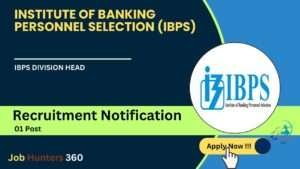
Post Comment